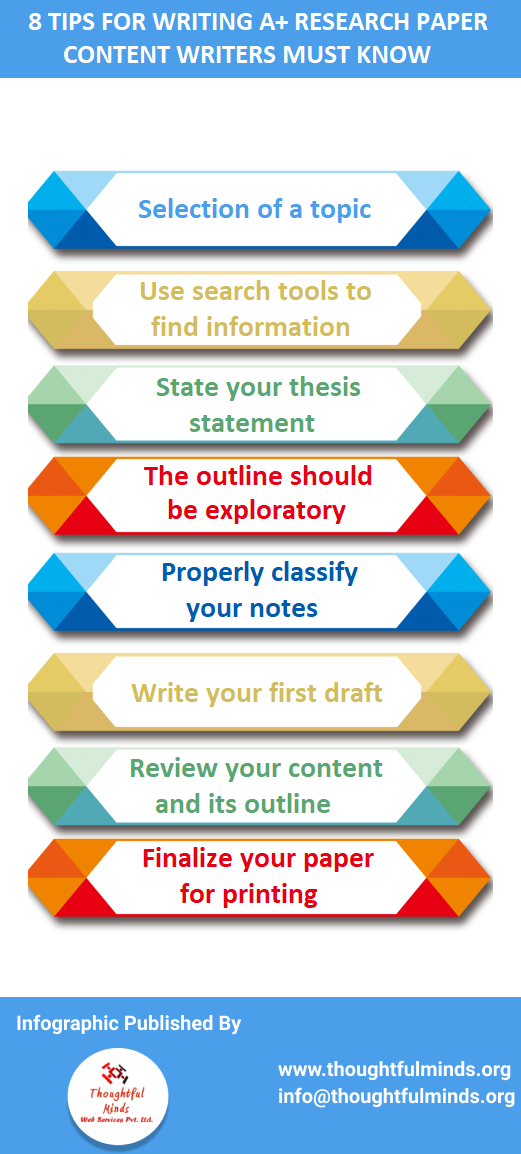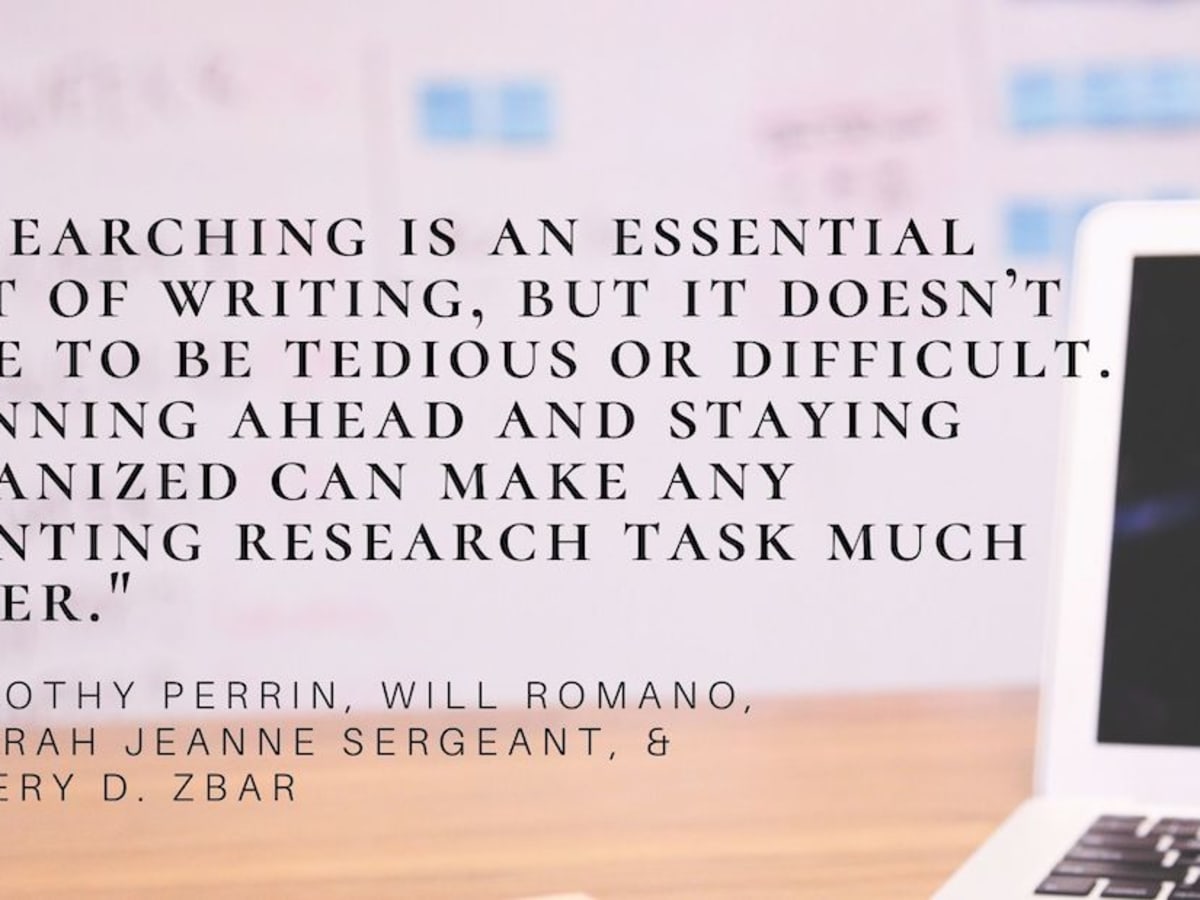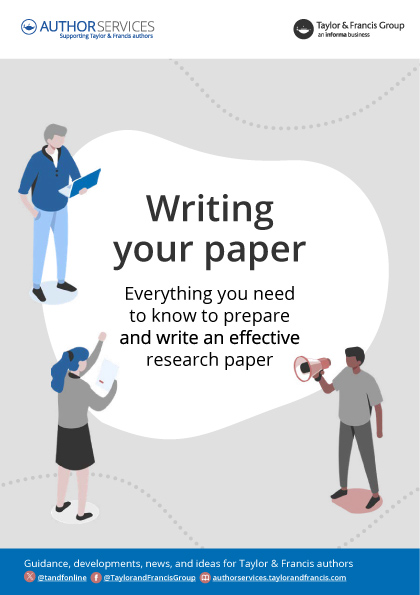Research is a crucial part of the writing process for any writer. Whether you are writing a novel, a short story, an essay, or a research paper, it is important to gather information about your topic in order to create a well-written and well-informed piece of writing. Without research, your writing may be incomplete, inaccurate, or even misleading.
There are many different ways that writers can conduct research for their writing. Some writers prefer to start by doing online research, using search engines and databases to find articles, books, and other sources of information about their topic. Others prefer to visit libraries and archives, where they can access primary sources such as newspapers, letters, and photographs. Still others choose to conduct interviews or surveys in order to gather firsthand information about their subject.
No matter which method of research you choose, it is important to be organized and systematic in your approach. Create a list of questions or topics that you want to research, and make sure to record your sources and take notes as you go along. This will help you keep track of what you have learned and make it easier to refer back to your research when you are writing.
It is also important to be critical and discerning when conducting research. Not all sources of information are created equal, and it is important to evaluate the credibility and reliability of the sources you use. This means considering things like the author's credentials, the publisher of the source, and the date of publication. It is also important to be aware of any biases or agendas that may be present in the sources you use.
In addition to gathering information about your topic, research can also be helpful for finding inspiration and ideas for your writing. Reading about your topic can spark new ideas and help you think about it in different ways. It can also help you understand the context and background of your topic, which can be useful for adding depth and nuance to your writing.
Overall, research is an essential part of the writing process for any writer. It helps you create a more informed and well-rounded piece of writing, and can also serve as a source of inspiration and ideas. So whether you are a seasoned writer or just starting out, be sure to take the time to do thorough research for your writing projects.








